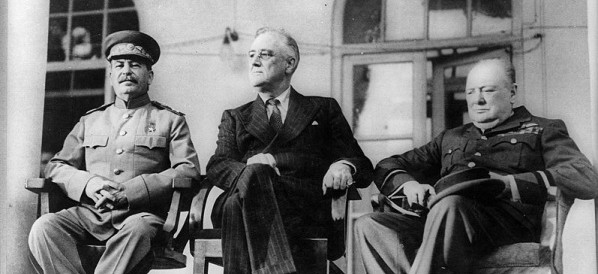 7 Terms
7 TermsHome > Terms > English, UK (UE) > Battle of Byzantium
Battle of Byzantium
The Battle of Byzantium was a confrontation in the Second War of the Diadochi, in the Marmara Sea near the ancient city of Byzantium, today's Istanbul. It took place in the summer of 317 BC.
In order to improve his situation, and to physically separate his opponent with his most important ally, Antigonus, Polyperchon send in 317 BC, a fleet under the command Cleitus' the whites to the Hellespont, the strategic transition between Europe and Asia. In addition, the general Arrhidaios, who was operating there should supported, who pressured by Antigonus took cover in Cius.
After Cleitus had reached the Hellespont, several cities of the Propontis went over to him, and he could take the troops of Arrhidaios into his ships. Once the Hellespont was secured, he sailed up the Dardanelles to the Sea of Marmara to the front mouth of the Bosphorus near Byzantion. Then Cassander sent his attendant, Nicanor, the commander of Munychia near Athens, with a fleet to intercept Cleitus. Both fleets met each other for the fight near Byzantium, in that battle Cleitus emerged victorious. He was able to sink 17 ships of his enemy and capture as many as 40 ships, including their crews. Nicanor retreated defeated with his remaining ships back to port of Chalcedon.
Certain of his victory, Cleitus landed his fleet at the European side of the Bosporus, where his troops erected a camp. But as Antigonus heard of the defeat of his allies, he marched to the Bosporus and acquired, unnoticed by Cleitus, in the night transport ships from Byzantium. He put onto them mostly light infantry, archers with which he attacked at dawn Cleitus' camp. The men were prepared to fight and all of Cleitus' forces were completely surprised and panicked. Tumultuous they tried to go to their ships and to drag them to the sea, where they were hampered by their own prisoners, and their entourage had to give up, several thousand of them were captured. Those who had still managed to reach the sea, were also attacked by Antigonus, who had occupied several of its ships in the sea battle with trained warriors who now intercepted the fleeing vessels of Cleitus. The battle lasted all day and was still continuing on the following night. Nikanor also reemerged in the battle with his remaining fleet, that rested at the port of Chalcedon. Ramming, in the sides of the fleeing enemy, he either captured or sank all of the enemies ships, including the admiral ship. So the fight was decided.
- Part of Speech: proper noun
- Synonym(s):
- Blossary:
- Industry/Domain: History
- Category: Ancient Greece; Ancient history
- Company:
- Product:
- Acronym-Abbreviation:
Other Languages:
Member comments
Terms in the News
Featured Terms
Teheran Conference
Code named Eureka, the Teheran Conference is a summit between the U.S., Britain, and the USSR held between November 8 and December 1, 1943. The ...
Contributor
Featured blossaries
mailmeddd123
0
Terms
2
Blossaries
0
Followers
Top 20 Website in the World
 22 Terms
22 TermsBrowers Terms By Category
- Project management(431)
- Mergers & acquisitions(316)
- Human resources(287)
- Relocation(217)
- Marketing(207)
- Event planning(177)
Business services(2022) Terms
- Human evolution(1831)
- Evolution(562)
- General archaeology(328)
- Archaeology tools(11)
- Artifacts(8)
- Dig sites(4)
Archaeology(2749) Terms
- Dating(35)
- Romantic love(13)
- Platonic love(2)
- Family love(1)
Love(51) Terms
- Industrial automation(1051)
Automation(1051) Terms
- Aeronautics(5992)
- Air traffic control(1257)
- Airport(1242)
- Aircraft(949)
- Aircraft maintenance(888)
- Powerplant(616)



